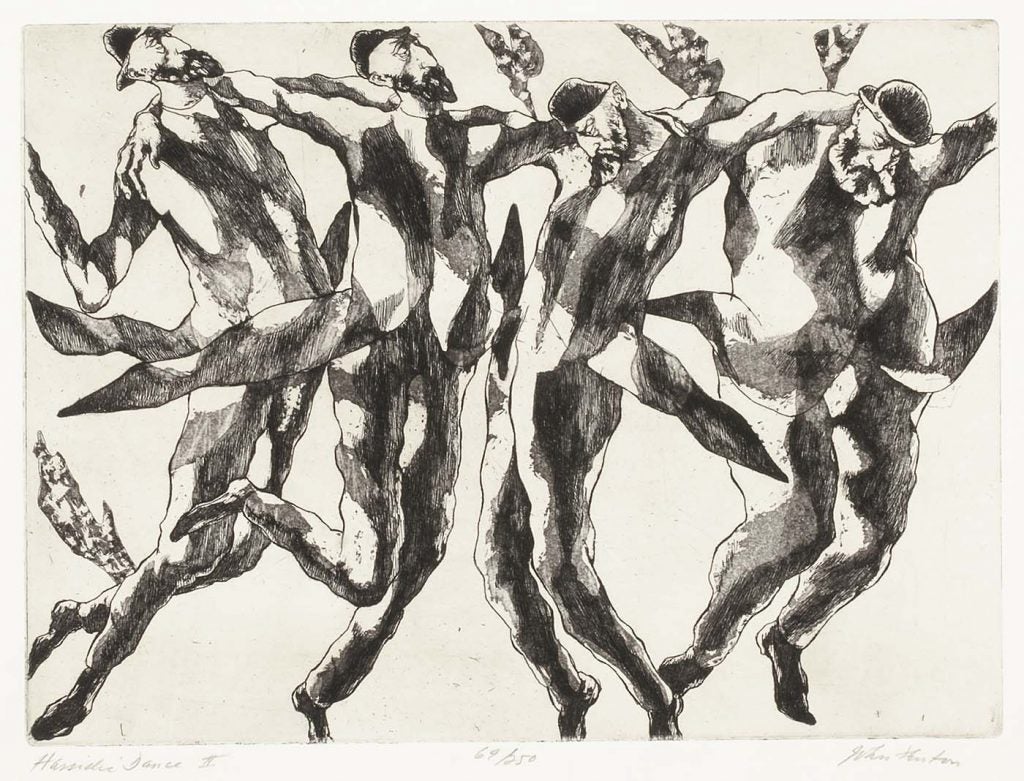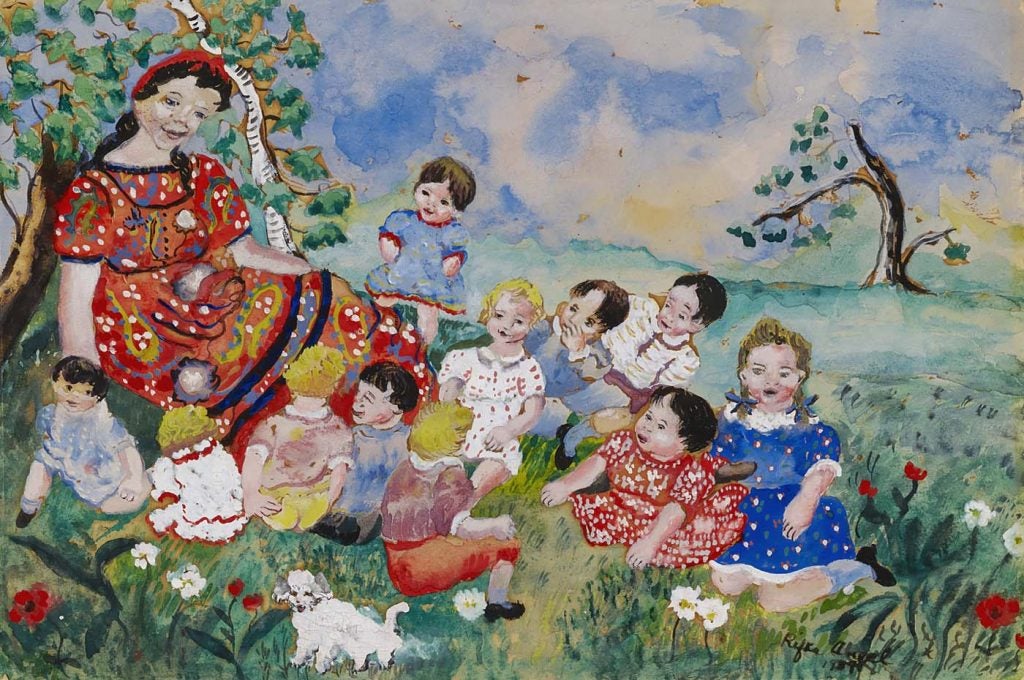“Deep Throat,” by Pearl Abraham
In 1974, the year Richard Nixon resigned to avoid impeachment, my father, a man with rabbinic aspirations, was deep in his own pickle, indicted for conspiracy and fraud in the federal summer school lunch program.
“Deep Throat,” by Pearl Abraham Read More »
In 1974, the year Richard Nixon resigned to avoid impeachment, my father, a man with rabbinic aspirations, was deep in his own pickle, indicted for conspiracy and fraud in the federal summer school lunch program.








